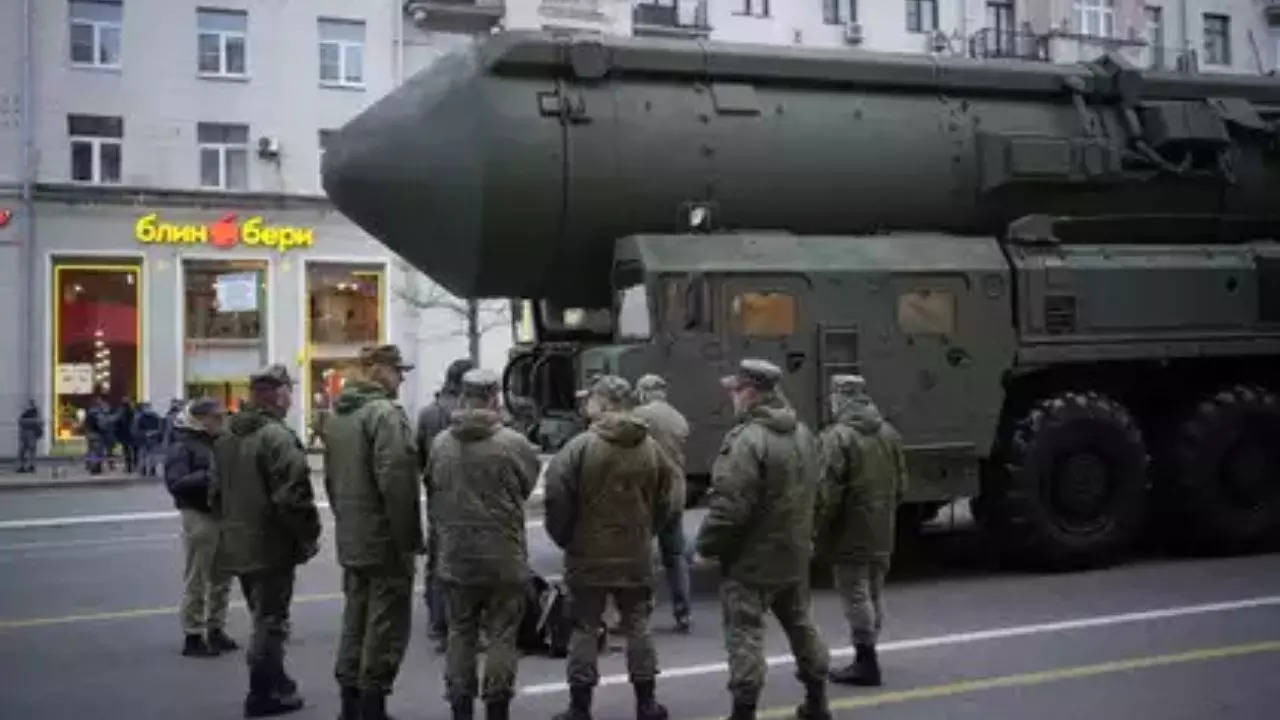After the fall of the Soviet Union, Ukraine inherited a significant nuclear stockpile. Despite having these nuclear weapons, Ukraine relinquished them due to financial burdens and geopolitical risks. The 1994 Budapest Memorandum promised security guarantees, which proved unreliable when Russia annexed Crimea and supported separatists in Ukraine. The ongoing Russia-Ukraine conflict highlights the vulnerabilities of Ukrainian security without nuclear deterrence. The situation underscores the importance of national security and the complexities of international relations. Ukraine’s decision to give up its nuclear arsenal has left it exposed to external threats and has reignited debates on the effectiveness of nuclear disarmament. The country now relies on diplomatic efforts and support from international allies to navigate the challenging geopolitical landscape. As tensions continue to simmer in the region, Ukraine faces a delicate balancing act to safeguard its sovereignty and territorial integrity. The global community closely monitors the developments in Eastern Europe, recognizing the potential implications for regional stability and international security. Ukraine’s experience serves as a cautionary tale for other nations considering nuclear disarmament and underscores the enduring relevance of nuclear non-proliferation efforts. In a rapidly evolving security environment, the lessons learned from Ukraine’s disarmament decision resonate across the international stage, prompting a reassessment of strategic defense policies and alliances.

Posted in
JUST IN
From Nuclear Arsenal to Vulnerability: Ukraine’s Decision to Relinquish Weapons Examined Amid Russia-Ukraine Conflict.
In Trend



















